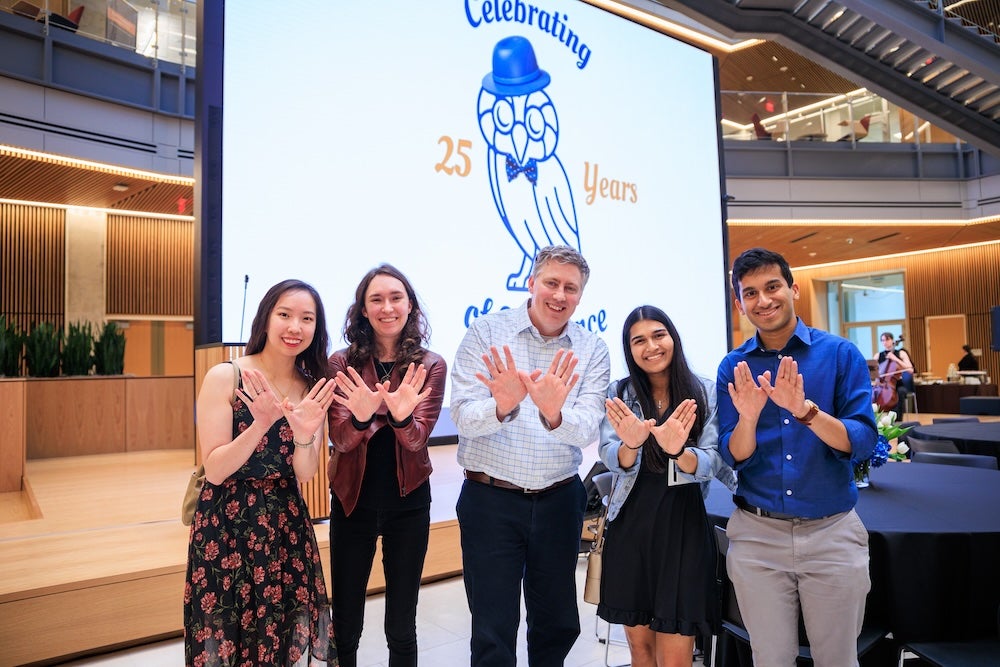Rice University’s Bioengineering Department Marks 25-Year Anniversary Milestone
The Department of Bioengineering at Rice University celebrated its 25th anniversary March 22 with an event held at the Texas Medical Center Helix Park. Around 200 guests assembled to celebrate the department’s history and accomplishments.
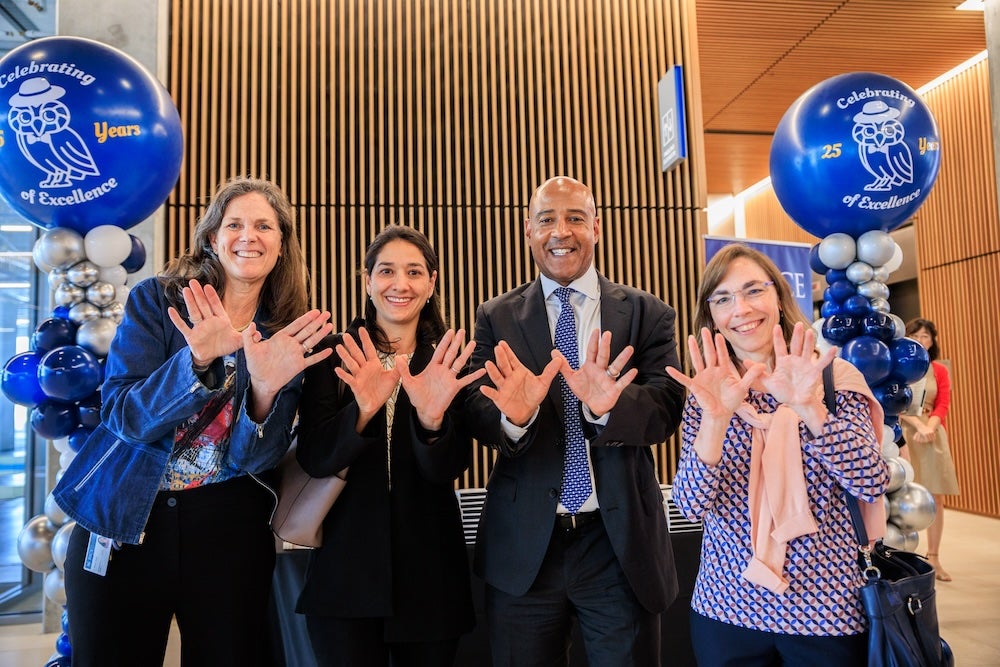
The event featured remarks by Rice President Reginald DesRoches; Amy Dittmar, Howard R. Hughes Provost and executive vice president for academic affairs; Luay Nakhleh, William and Stephanie Sick Dean of the George R. Brown School of Engineering and professor of computer science and biosciences; Larry McIntire, professor emeritus at the Georgia Institute of Technology; and Antonios Mikos, Rice’s Louis Calder Professor of Chemical Engineering and professor of bioengineering, materials science and nanoengineering.
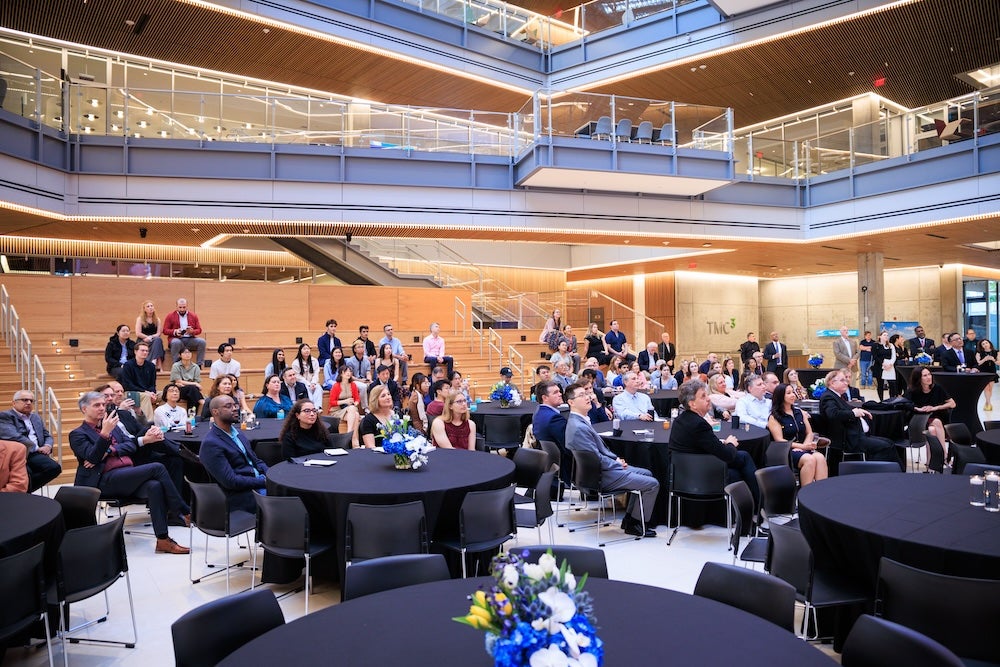
Founded by McIntire in 1997, Rice’s bioengineering department has consistently ranked among the nation’s top 10 biomedical engineering graduate programs. Its vicinity to the Texas Medical Center, one of the largest medical centers worldwide, provides ample opportunities for collaborative research initiatives with neighboring hospitals and medical schools. With over 20 tenure-track faculty and plans to grow tenure lines to 30, the department is looking to strengthen its standing as a top-choice destination for bioengineering talent. In the past year, the department has welcomed Jessica Butts, Michael King and Cynthia Reinhart-King among its new faculty.
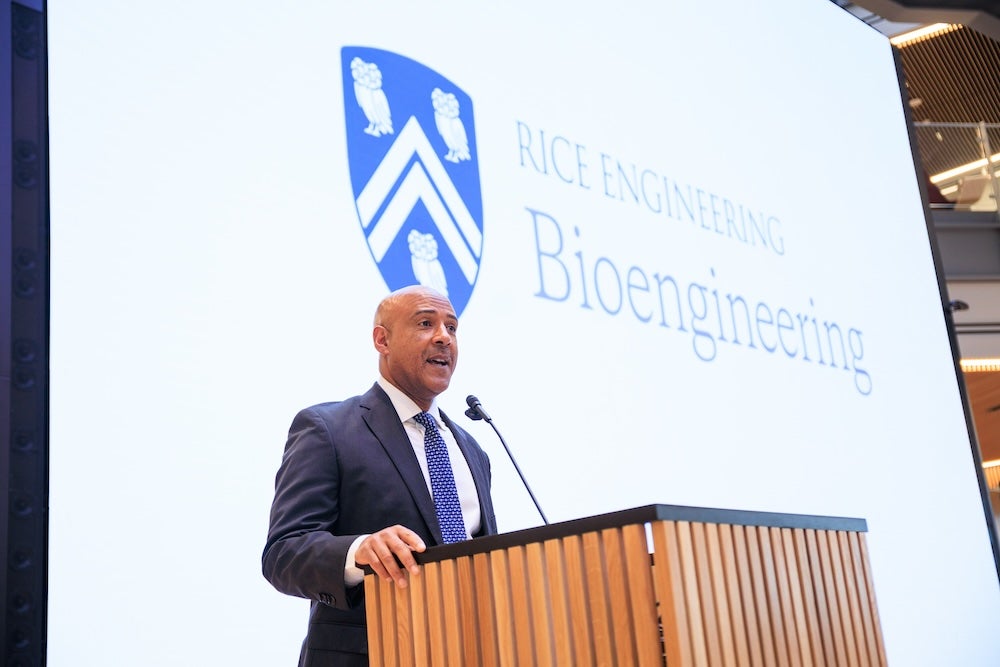
In his opening remarks, DesRoches noted the celebration was not only a retrospective but also a forward-looking occasion.
“Tonight, as we reflect on the remarkable achievements of the past, let us also look to the future with optimism and determination,” DesRoches said. “The next 25 years hold boundless opportunities for innovation and discovery, and I have no doubt that this department will continue to lead the way, pushing the boundaries of what is possible and shaping the course of scientific progress for generations to come.”
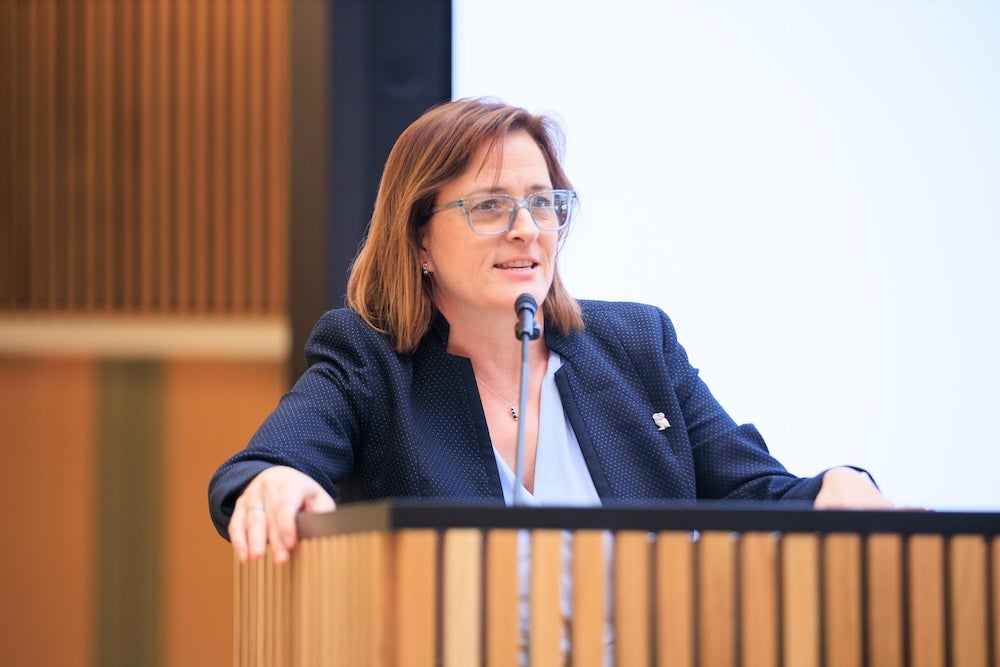
Dittmar highlighted some of the department’s recent notable achievements, including Omid Veiseh ’s $45 million ARPA-H grant for innovative cancer implant technology and Biotech Launch Pad initiative focused on expediting the translation of health and medical technology discoveries into therapies; Rebecca Richards-Kortum’ and Maria Oden’s leadership of the Rice360 Institute for Global Health Technologies ⎯ part of the NEST360 international alliance which secured $65 million in external funding to expand its work saving the lives of babies in sub-Saharan Africa; Gang Bao’s grant from the National Institutes of Health’s Office of Research Infrastructure Programs that will serve to establish the Baylor/Rice Genome Editing Testing Center and more.
“I’m confident that as the department continues to grow, its innovation will positively impact our neighbors in Houston and patients around the world for years to come,” Dittmar said.
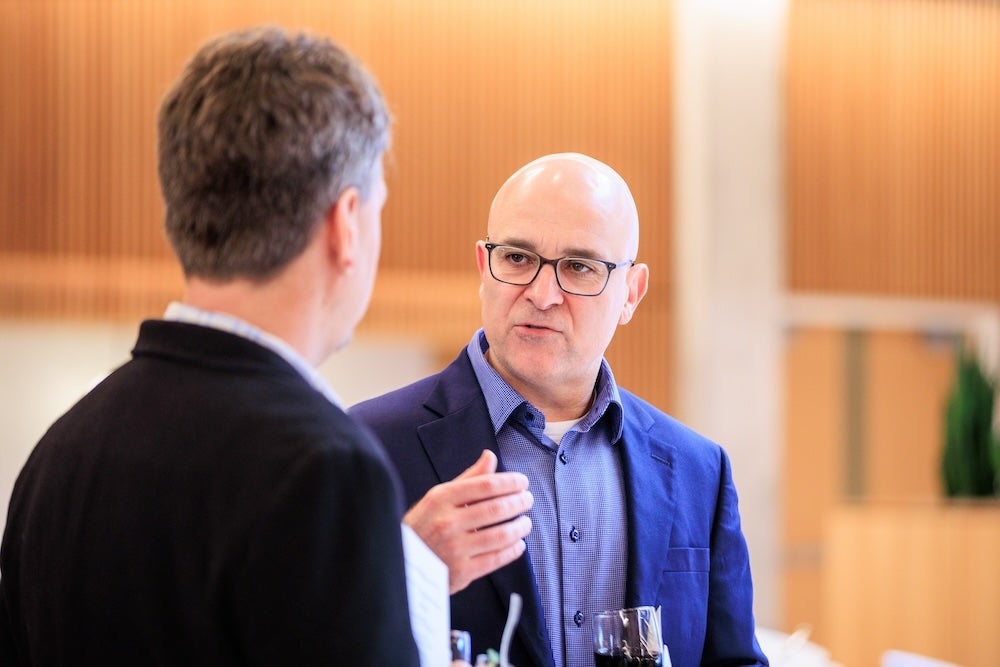
Nakhleh spoke of the alignment between the bioengineering department and the mission of the George R. Brown School of Engineering ⎯ “solving for greater good,” emphasizing the importance of ethics in bioengineering research. He also highlighted the fact that “the department is a leader in entrepreneurship and commercialization,” noting that “this is very important, because at the end of the day, for most of engineering, the impact comes from taking the technology developed in the lab … to the marketplace ⎯ in this case, to hospitals and to pharmaceutical companies and so on,” Nakhleh said.
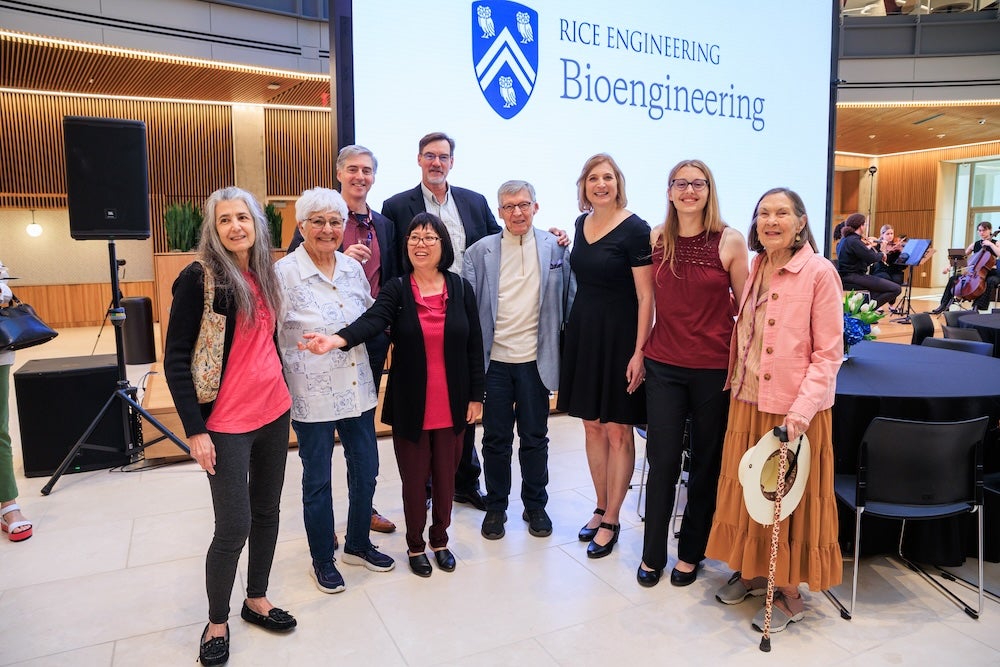
Although unable to attend in person, McIntire conveyed his congratulatory address in a video recording played during the event.
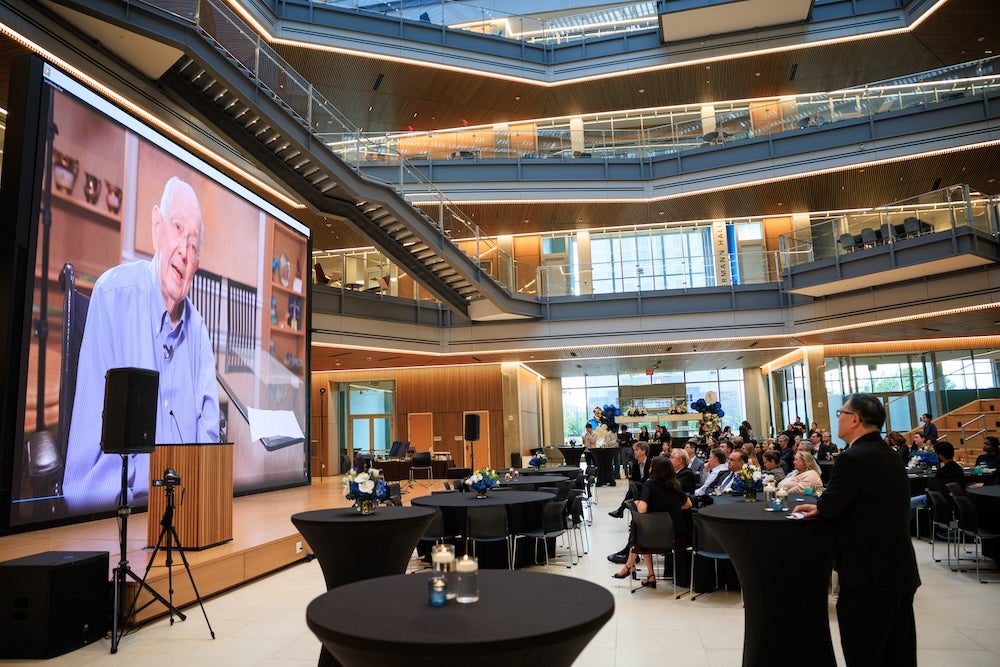
“The things that I’m most proud of, there are things that almost all faculty members are most proud of, and that’s the success of our students,” McIntire said. “They’ve done some amazing things and [many] have gone on to become better known than I am in terms of the progression through a career. And that’s the most exciting thing ⎯ to see their progress.”
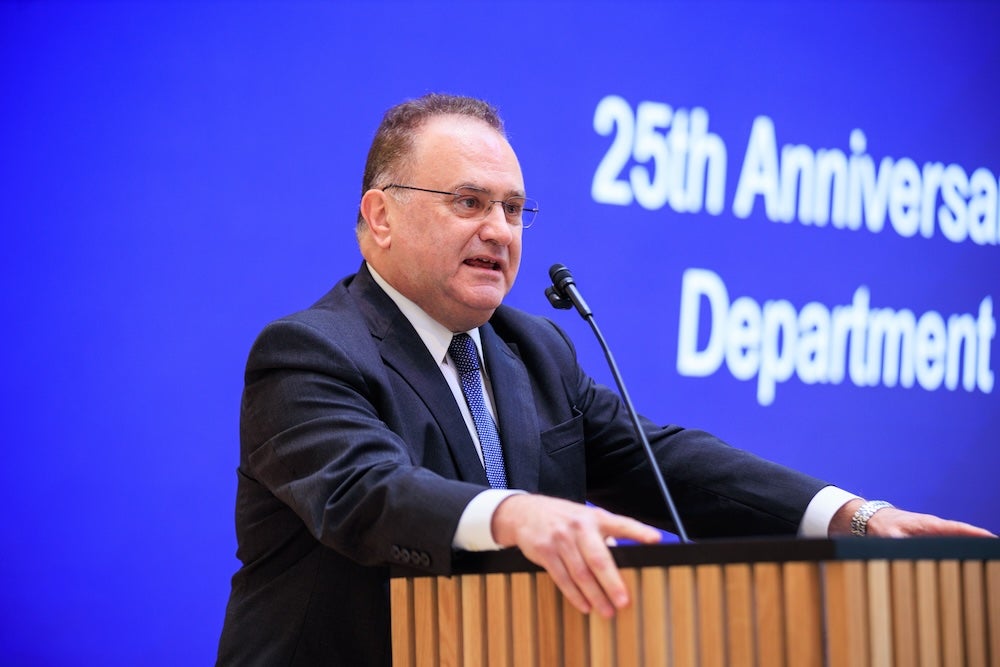
Mikos, who is one of five founding faculty members (along with McIntire, Ka-Yiu San, Jacqueline Shanks and Kyriacos Zygourakis), gave a presentation on the department’s history, outlining pivotal moments such as the establishment of the Cox Laboratory for Biomedical Engineering in 1964; the 1986 launch of the Institute of Biosciences and Bioengineering; the Whitaker Special Opportunity Award (1995), which helped found the graduate degree program and add faculty; and the Whitaker Development Award (1996), which helped establish the department as such as well as develop the undergraduate program and support “a critical mass of faculty and students.” The presentation included an overview of some of the first faculty, students and staff members who played a role in the department’s early years; an outline of the first graduate and undergraduate curricula; and a recap of the department’s growth and leadership leading up to the present.
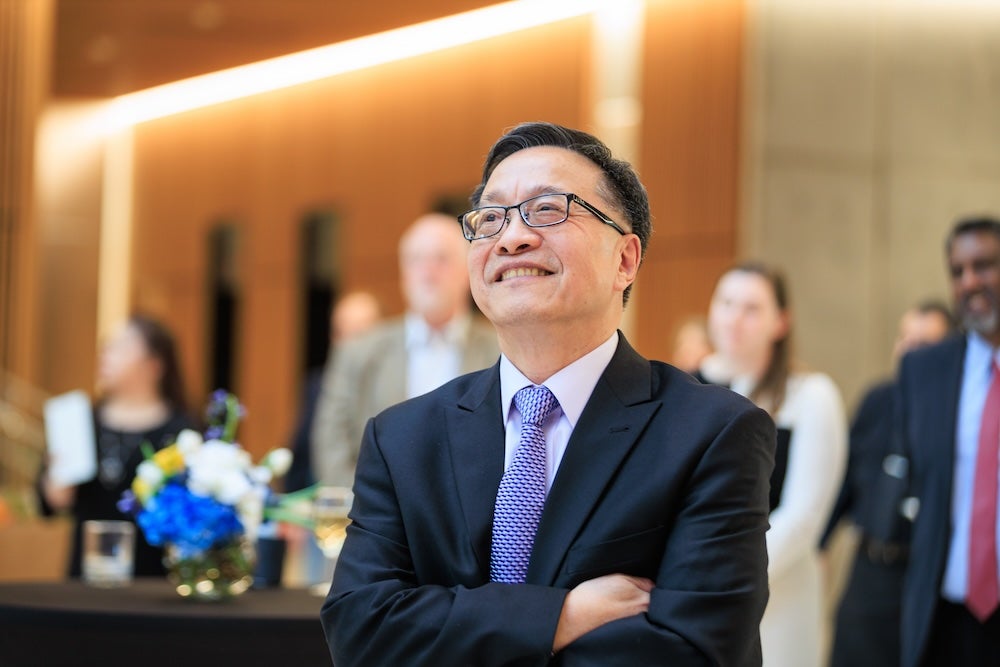
Bao, chair of the department and the Foyt Family Professor of Bioengineering, professor of chemistry, mechanical engineering and materials science and nanoengineering and a Cancer Prevention and Research Institute of Texas Scholar, moderated the event.
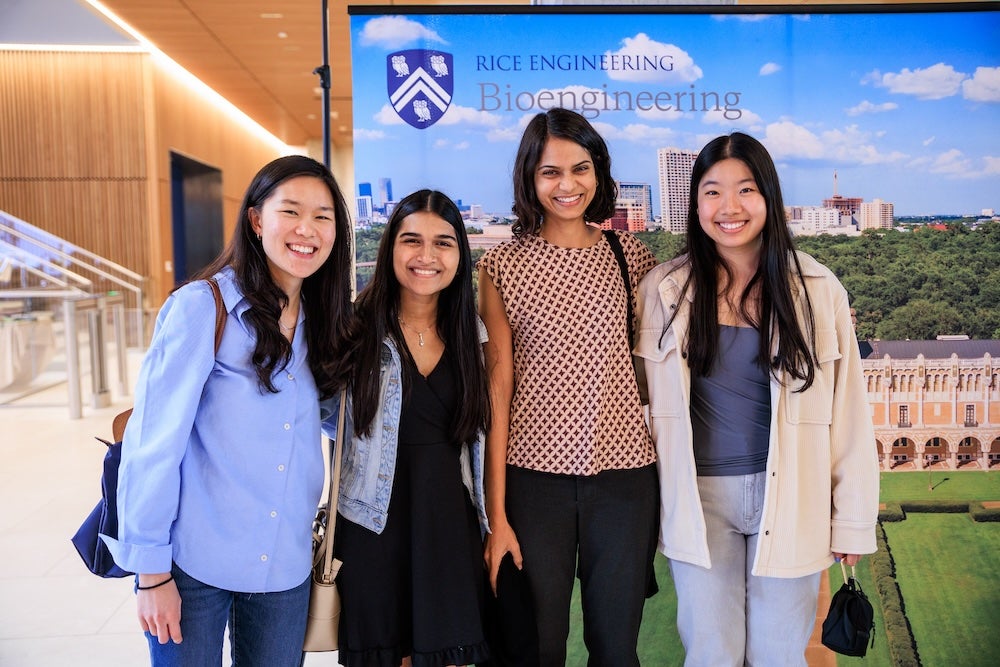
“Just last year, so many of our young faculty members received big awards,” Bao said. “Jeffrey Tabor got a prestigious fellowship from the U.S. Department of Defense; Jerzy Szablowski and Julea Vlassakis received the National Institutes of Health Director’s New Innovator Award; we have so many outstanding papers published in high impact journals. And, of course, we have a wonderful group of graduate students and postdocs working very hard. It’s an exciting time for our department, and I feel very honored to be a part of its ongoing history of excellence.”
